Renowned artist Amy Sherald, celebrated for her 2018 portrait of Michelle Obama, has withdrawn her upcoming exhibition, "American Sublime," from the National Portrait Gallery. The decision stems from concerns over potential censorship of one of the featured artworks, "Trans Forming Liberty," which depicts the Statue of Liberty as a transgender woman. Sherald opposed the museum's proposal to add a contextual video to the piece, arguing it would invite debate on the legitimacy of trans visibility, a discussion she did not wish to include in her exhibition's narrative.
The National Portrait Gallery, affiliated with the Smithsonian Institution, claimed it never intended to remove the artwork but sought to provide additional context through the video. However, Sherald's decision to withdraw highlights the delicate balance between artistic freedom and institutional policies. The exhibition was set to be the first solo show by a Black contemporary artist at the Portrait Gallery, underscoring the significance of representation in major cultural institutions.
Sherald suggested that the museum's hesitation might be rooted in fear of backlash from the Trump administration, which had previously threatened to withdraw funding from institutions supporting LGBTQ+ rights or racial equity. This situation underscores the growing tension between artistic expression and political influence in publicly funded cultural institutions.
The withdrawal also raises broader questions about the role of museums in fostering open dialogue and inclusivity. While institutions like the National Portrait Gallery aim to educate and engage the public, decisions regarding exhibition content can be influenced by political and social pressures, potentially compromising the integrity of the artistic experience.
As the art world continues to grapple with issues of representation, censorship, and political influence, Sherald's decision serves as a poignant reminder of the challenges artists face in maintaining creative autonomy within institutional frameworks. The incident also highlights the need for museums to navigate these complexities thoughtfully, ensuring they remain spaces that champion diverse voices and perspectives.
